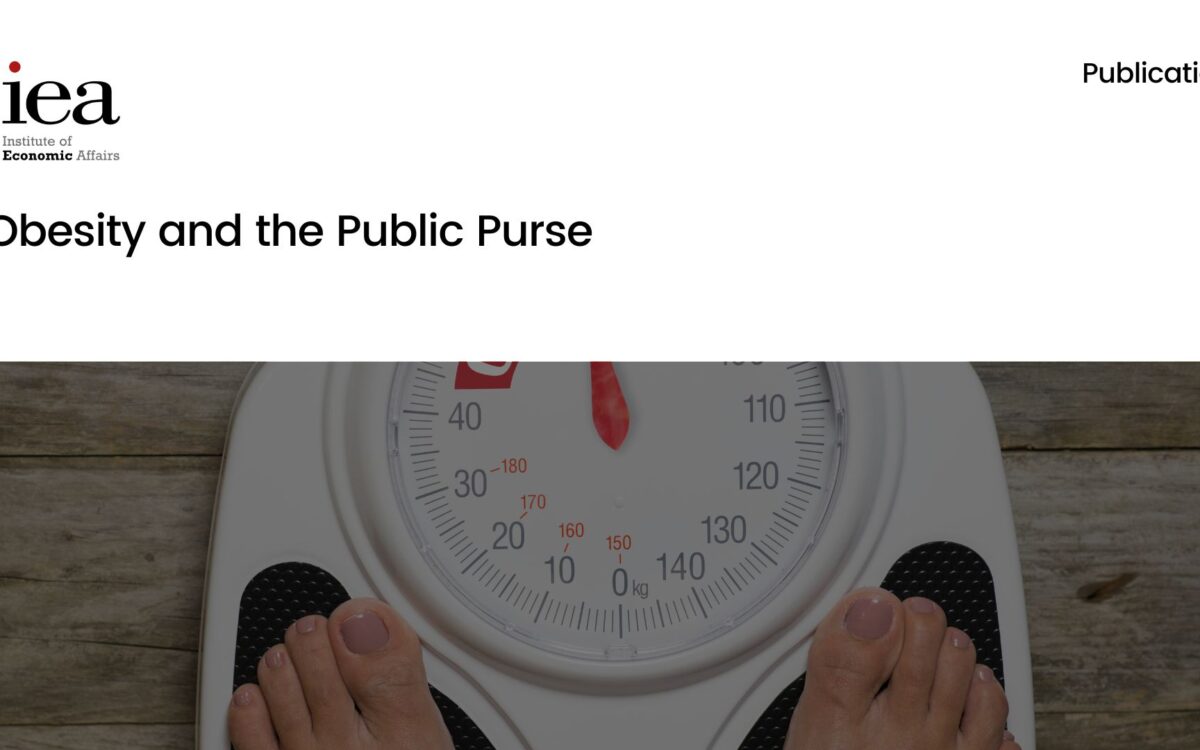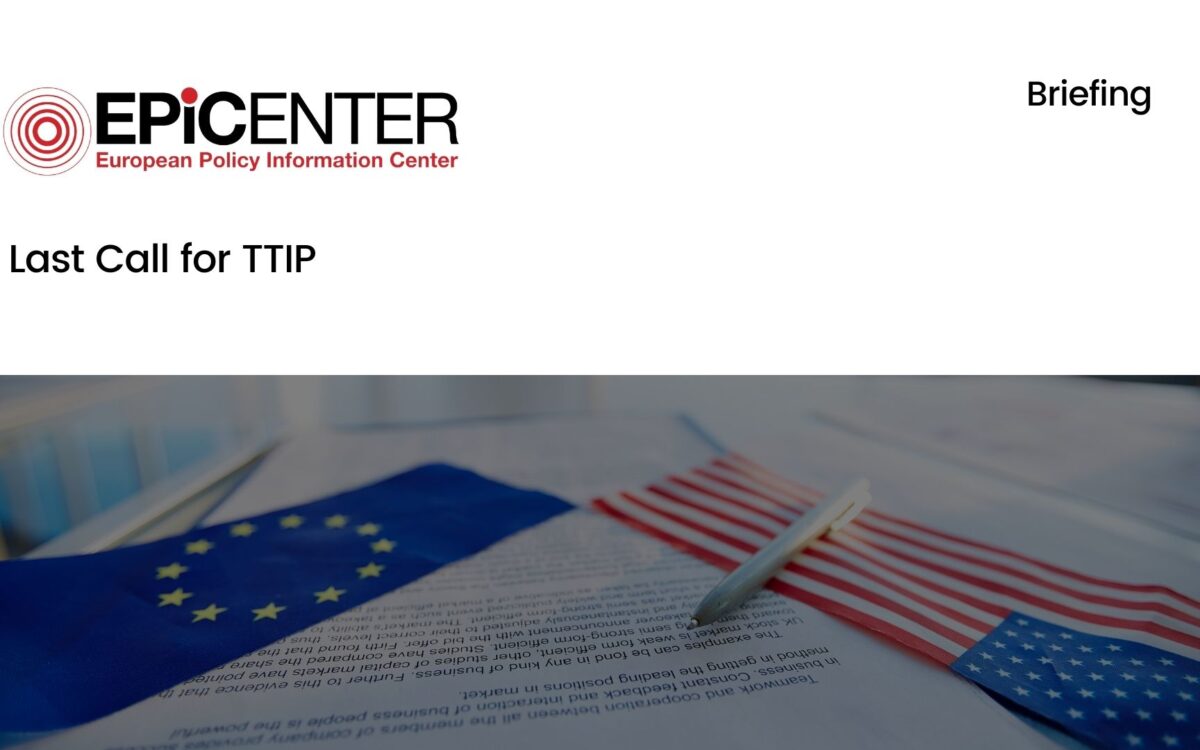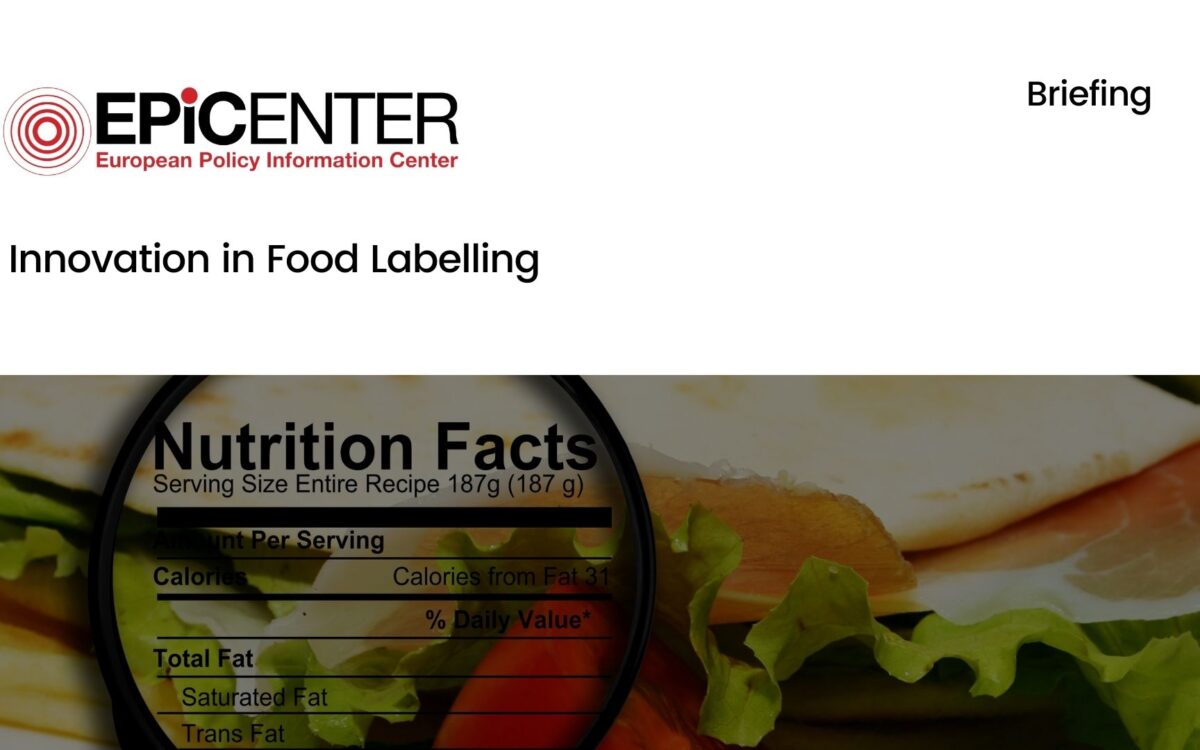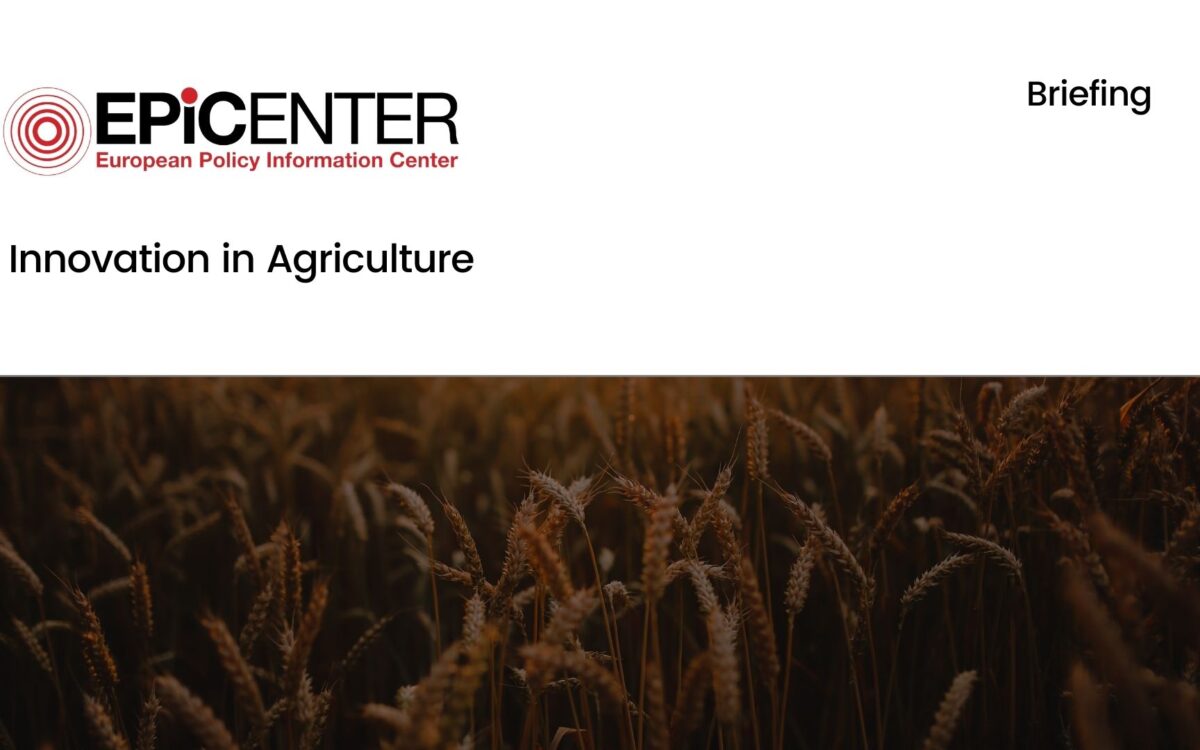January 1, 2017
This is the first study to estimate the annual savings that overweight and obese people bring UK taxpayers by dying prematurely (in 2016 prices). Ignoring these savings leads to substantial overestimation of the true burden of elevated body mass index (BMI) to the taxpayer.








